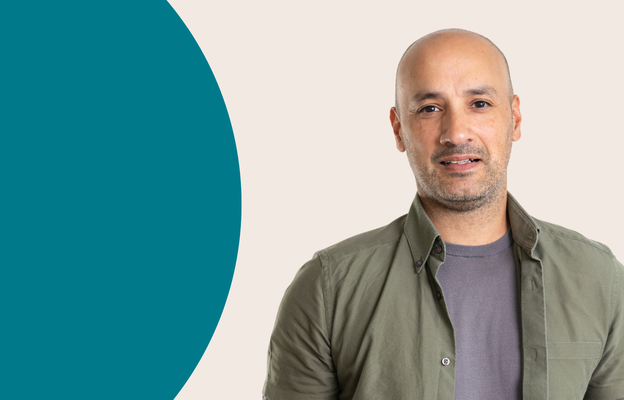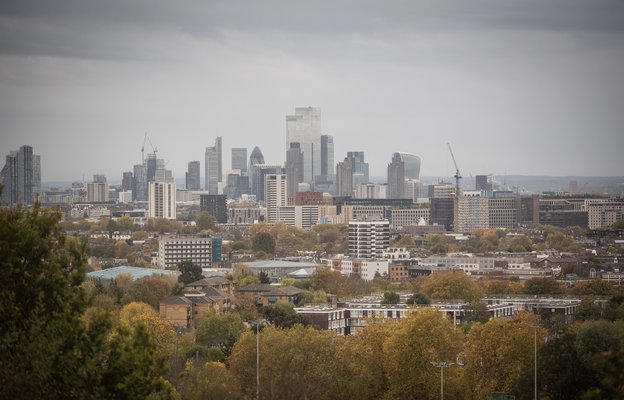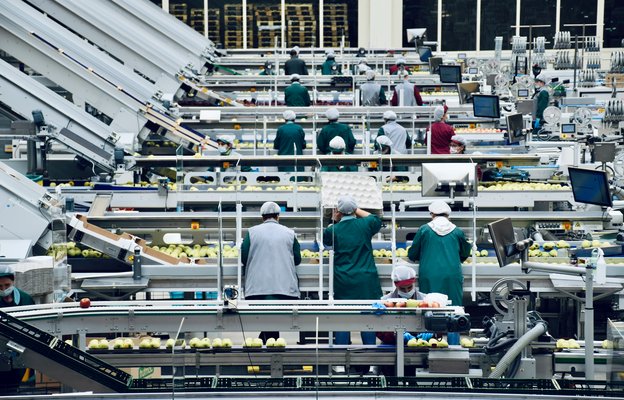On Saturday 13 September, more than 100,000 people attended an anti-migrant rally in London organised by the far-right - the largest in our city’s history.
In the weeks leading up to this, we’ve seen growing reports of Islamophobia and racism, politicians echoing divisive rhetoric that fuels fear and mistrust and charities supporting migrants coming under attack.
This climate is frightening and disheartening. For those of us working for a fairer London, it is deeply disturbing to see. We believe in a city where everyone has the chance to thrive, no matter who they are. Migration is not a threat to who we are - it is who we are. It has always been at the heart of our story as a country and nowhere is that clearer than in London. That’s why we’ll continue to stand with migrant Londoners and raise our voice alongside theirs.
In this blog, our chief executive Manny Hothi, migration lead Helal Uddin Abbas, and director of grants for social justice Rebekah Delsol share their reflections on the situation.
London’s everyday diversity is stronger than hate
Manny Hothi, chief executive
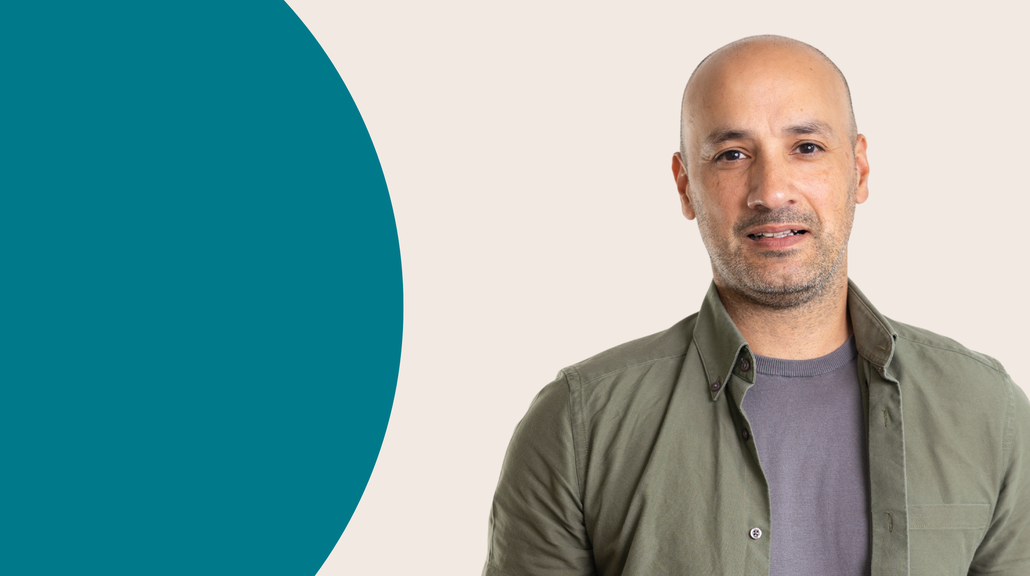
The march of the far-right is frightening. Day after day, we’re seeing a torrent of rage-filled content about migrants, Muslims, ethnic minorities. Many of us will have been taken aback by the scale of demonstrations. But the hate has always been there.
Free speech, cancel culture, political correctness – they have always been weaponised by people who feel embittered by progress towards equality. What is different now is how it is being enabled by political leaders, international billionaires, and journalists – all chasing clout on TikTok and X.
It wasn’t always like this. Politicians used to draw a line. Enoch Powell was ostracised. The BNP were fought head-on. Hooligans were driven out of football. Today, instead of resisting, some of our leaders are chasing the far right’s talking points.
So what do we do? First, we look out for each other. Charities and funders working on migration are facing threats and intimidation. Some fear for their safety. This is when solidarity really counts. And there’s practical help too: Migration Exchange has put together two guides to help organisations strengthen their security, resilience and wellbeing (you can find both here).
London is on the frontline of this and our Mayor is taking up the fight. Our city is home to diasporas from every corner of the globe. That makes us a target for those who despise multicultural life. But it’s also our greatest strength. The daily reality of people living side by side is more powerful than any online smear or viral video.
The tolerant voice of Londoners is our best defence. It must not be lost in the noise.
Scapegoating migrants won’t solve the housing crisis, poverty or skills shortages
Helal Uddin Abbas, migration lead

I’ve been with Trust for London for 25 years, and throughout that time we’ve always had a proud history of supporting new arrivals. In the face of rising hostility, it’s vital that our partners can continue their work in safe, secure environments – supporting people as they settle into our rich and diverse city.
Many people are facing uncertainty, economic challenges, a deep housing crisis and poverty. But these issues haven’t been created by migrants. Far from it, London’s migrant communities are working hard, putting food on the table, and keeping vital services like social care and the NHS alive. As our population ages, their contribution will only become more important.
Yet politicians aren’t making this argument. Instead of a proactive, positive migration policy, the government has adopted defensive, punitive ones – scapegoating vulnerable people for failures in our economy and public services. This helps no one.
So instead, sectors are struggling to recruit. We don’t have enough homes after decades of underinvestment, and sufficient new ones aren’t getting built, partly because we don’t have enough skilled construction workers. Training more skilled British workers is part of the answer, but it won’t fill the shortfall on its own. Social care can’t fill vacancies, because we’re not making this country attractive, open or welcoming enough.
We’re fortunate in London to have politicians and leaders who are broadly supportive of migrants. But even in our city, hostility is growing. Our role must be to create spaces for honest, reasoned debate – even between people who disagree. When communities come together, they are stronger against division.
We saw this during the pandemic, when neighbours who had never spoken before came together to clap for the NHS, speaking for the first time. Years on those connections are still strong, fostering a stronger sense of community. We need more of this dialogue and connection.
Of course, every country needs to have control of its borders. Exploitation and criminal gangs must be tackled. But we need to treat people rationally and humanely, recognising the huge contributions migrants make. London has always been a welcoming city, and at Trust for London we will continue to stand with those fleeing persecution and to support the organisations protecting their rights.
Migration is a racial justice issue
Rebekah Delsol, director of grants (social justice)
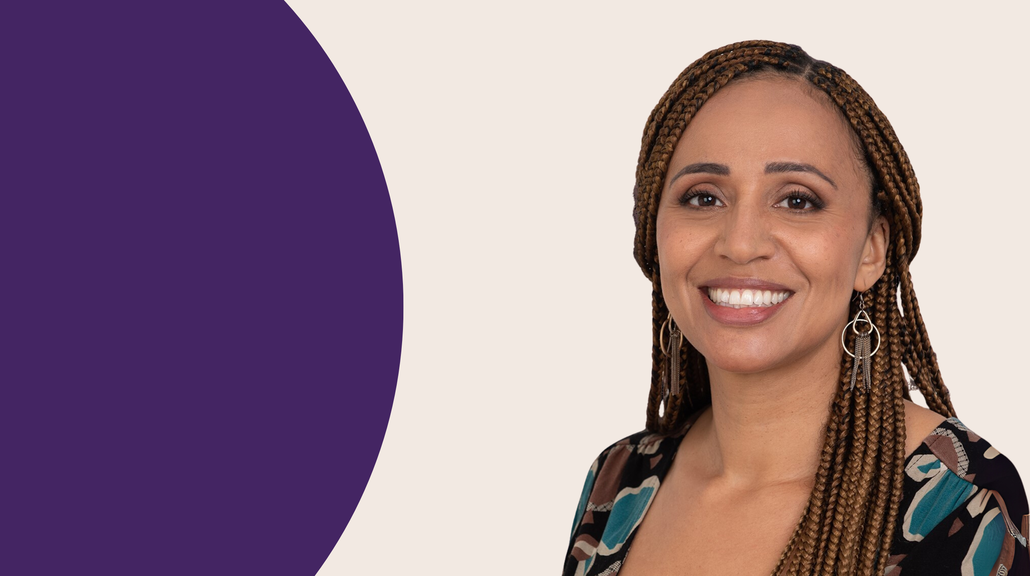
The violence we witnessed over the last few weeks is frightening but it was not unexpected. It is the visible symptom of something that has been simmering for years: entrenched racism and Islamophobia, widening inequality, falling living standards and a political climate where inflammatory rhetoric is allowed to fester. When politicians refuse to confront the real drivers of inequality, fear and resentment are directed elsewhere. Migration becomes the latest scapegoat.
Migration is a racial justice issue. Think about the language itself. “Migrants” are those arriving in small boats, those crossing borders without permission, those from the Global South. Migration is not “ex-pats” or wealthy people from the Global North moving abroad. This difference is not accidental - it reflects Britain’s colonial past, where racial hierarchies determined whose movement was seen as legitimate. The word ‘migrant’ carries with it this shadow of empire. It reveals who is marked as belonging and who is cast as “other”. Migration, in the British imagination, has always been racialised - shaped by a colonial past and still entangled with its hierarchies today.
This is why the so-called “migrant crisis” is better understood as a manufactured crisis. It has been fabricated by successive governments that have failed to invest in social housing, ignored growing wealth inequality, and upheld economic systems that exclude. Rather than address these failures, governments have presented migrants as a convenient source of blame, a moral panic of our age. The focus on migration distracts from the deeper structural problems that make life insecure for so many.
The treatment of people seeking asylum and refuge and, by extension, all migrant communities is racial injustice in action. These systems disproportionately disadvantage Black and Brown people, many from countries once subjected to British control and extraction. Naming this for what it is matters: it is racism, built into policy.
When we view this through a racial justice lens, the bigger picture comes into focus. Colonialism, migration and the economic structures that continue to shape our daily lives are all connected. These economic structures lock working class communities and communities of colour into cycles of poor housing, low pay and economic precarity. Not because of migrants, but because of a failure to change structural inequality.
In my role as director of grants for social justice, I see how communities are pushing back against these harmful narratives. Through our programmes on migrant destitution, racial justice and disability justice, we fund organisations that challenge inequality, strengthen movements and imagine alternative futures. We cannot accept scapegoating and manufactured crises. We must confront racial injustice directly, dismantle its structures and build a just society allows everybody to thrive.
What's next?
We’re currently checking in with our funded groups on a one-to-one basis to understand where our support can make the biggest difference right now. If we haven’t yet connected with you, please do get in touch with your grants manager to share any requests or ideas.
